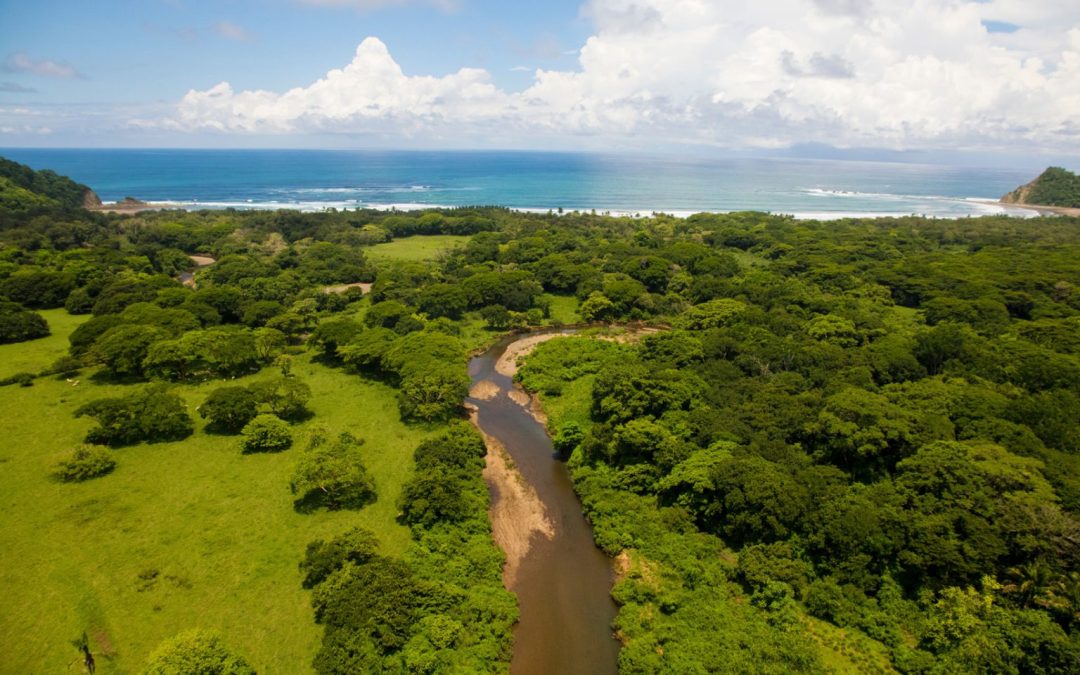On 12 April, the World Wide Fund for Nature (WFF), Biovision and the Food and Agriculture Organization of the United Nations (FAO), co-organized a virtual dialogue for the African region, with the aim to showcase practical and scientific evidence in line with agroecological principles, building on the outcomes of COP26 KJWA negotiations and in preparation for COP27.
In the first part of the dialogue, different speakers from academia, government and civil society shared their perspective on agriculture and food as well as the potential of agroecology to tackle climate change – including Emile Frison, the Agroecology Coalition’s Interim Coordinator and the member of IPES-Food.
In particular, Emile talked about the potential of agroecology and its principles to combine traditional knowledge and modern science to transform food systems according to their local and cultural circumstances. He emphasized that agroecology is climate-smart but goes much further than that. He also mentioned the FAO programme to mainstream agroecological practices in West Africa and invited participants to join the Agroecology Coalition that came out of the UN Food Systems Summit and which already counts over 32 member countries and 54+ organizations.
The subsequent open discussion circled mainly around the question of whether specific approaches – such as agroecology – can and should be explicitly mentioned in negotiated texts. While there is scepticism from some countries to name specific ‘approaches’, many statements pointed to the fact that agroecology is more than just another ‘approach’ – it is a broader set of guiding principles that must guide systemic action to ensure a fair and truly sustainable transformation of agriculture and food systems.
We invite you to watch the recording of the session below.

